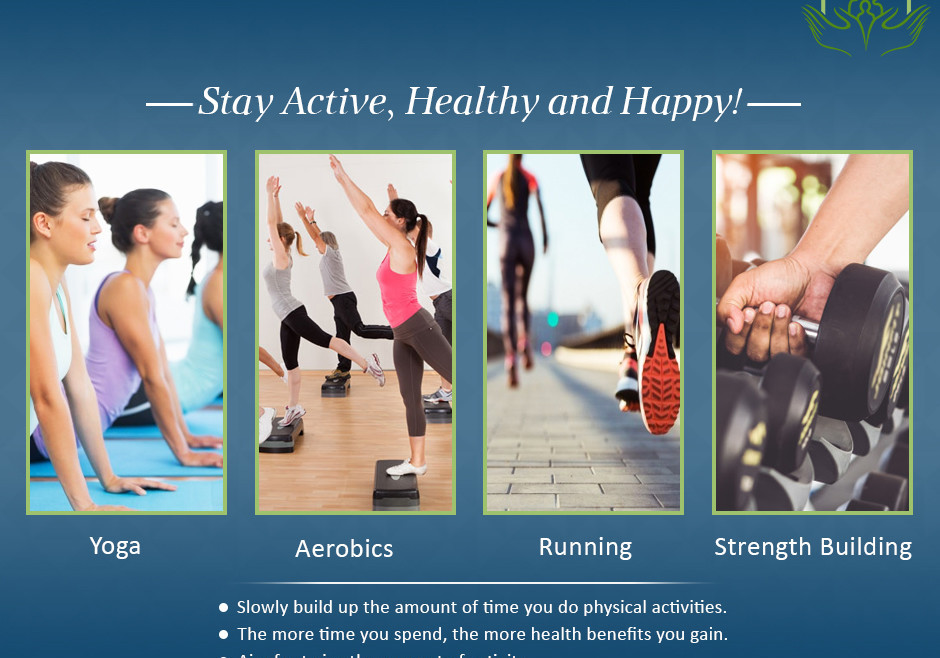As a business owner, you understand the importance of protecting your intellectual property. Intellectual property refers to a company's intangible assets, such as inventions, trade secrets, patents, trademarks, and copyrights.
While many people believe that intellectual property is only relevant in the technology and creative industries, it is essential in every industry. Your intellectual property is what sets your business apart from your competitors. As such, it is crucial to protect your intellectual property at all costs to safeguard your brand and reputation.
Types of Intellectual Property
Before we delve into the best ways to protect your intellectual property, it's essential to understand the different types of intellectual property you may have at your business.
1. Patents: Patents give inventors exclusive rights to create and sell their invention for a specific period.
2. Trademarks: A trademark is a symbol, phrase, or word that distinguishes your brand from others.
3. Copyrights: Copyrights apply to original works of authorship, such as music, films, and literature.
4. Trade secrets: A trade secret is confidential information that gives a business a competitive advantage.
Protecting Your Intellectual Property
Now that you understand the types of intellectual property, let's look at some common ways to protect them.
1. Patent Your Inventions
If you have an invention that you want to protect, the most common way to do so is by obtaining a patent. A patent gives you exclusive rights to produce, sell, or license your invention for up to 20 years.
It's crucial to note that patent laws vary from one country to another. As such, it would be best if you worked with a patent attorney to navigate the process and ensure that your intellectual property is fully protected.
2. Protect Your Trademarks
Your trademark is what makes your brand unique, and it's essential to protect it from infringement by other businesses. Registering your trademark is the best way to protect it from illegal use by others.
The registration process can be complicated, but it is worth the investment. Once you register your trademark, you have the legal right to use it in all 50 states in the United States.
3. S ecure Your Copyrights
Copyright laws protect original works of authorship, such as music, films, and literature. You automatically own the copyright to any original work you create, but registering your work offers additional protection.
Registering your work allows you to sue anyone who uses your work without permission, and it also makes it easier to prove ownership in court.
4. Implement a Trade Secret Policy
A trade secret is confidential information that gives your business a competitive advantage. To protect your trade secrets, you need to have a policy in place to safeguard them.
Your policy should include steps to identify, safeguard, and enforce your trade secrets. You should also educate your employees about the importance of keeping confidential information confidential.
The Bottom Line
Protecting your intellectual property is essential for your business's success, and it's crucial to do so from the start. By taking steps to safeguard your intellectual property, you can protect your brand, reputation, and competitive advantage.
Whether it's obtaining patents, registering trademarks, or implementing a trade secret policy, you need to have a comprehensive plan in place to protect your intellectual property. Remember to work with legal professionals to ensure that your intellectual property is legally protected.

4 Ways to Protect Your Intellectual Property
1. Conduct a Trademark Search: Before using a trademark, conduct a search to ensure that no one else is using the name or symbol. You can do this by using the United States Patent and Trademark Office's online database or hiring a trademark attorney.
2. Use Non-Disclosure Agreements: Non-Disclosure Agreements (NDAs) protect your trade secrets and confidential information from being shared with your competitors. NDAs are legally binding agreements that prevent employees, vendors, and partners from sharing sensitive information outside of your company.
3. Monitor Your Intellectual Property: Monitoring your intellectual property helps you detect and address infringement on your trademarks, patents, and other intellectual property. You can use online monitoring tools, hire an intellectual property attorney, or hire a third-party service to monitor your intellectual property rights.
4. Be Proactive: Take steps to protect your intellectual property before any infringement occurs. This includes obtaining patents, registering trademarks, and implementing a trade secret policy.
![How to Protect Intellectual Property [5 Simple Ways To Stop Thieves]](https://copyrighted.com/uploads/7/3/7/m/dlla3s9kmdx2cwtu0juz.jpg)
How to Protect Intellectual Property [5 Simple Ways To Stop Thieves]
1. Register Your Intellectual Property: Registering your intellectual property is the best way to establish legal ownership and prevent others from using it without your permission.
2. Keep Your Trade Secrets Confidential: Disclosing your trade secrets is a sure way to lose your competitive advantage. Keep your trade secrets confidential by implementing a trade secret policy and educating your employees on the importance of confidentiality.
3. Use Contracts and Licenses: Use contracts and licenses to protect your intellectual property when working with vendors, partners, and clients. These documents should include clauses that give you ownership and control over your intellectual property.
4. Monitor Your Intellectual Property: Regularly monitor your intellectual property to detect any infringement upon your rights. You can use online monitoring tools, hire a third-party service, or work with an intellectual property attorney.
5. Enforce Your Rights: If you detect infringement, take swift action to enforce your rights. This includes sending cease and desist letters, filing lawsuits, and working with the appropriate authorities to stop the infringement.

What is Intellectual Property?
Intellectual property refers to any intangible assets that a business creates. These assets include inventions, trade secrets, patents, and copyrights.
Intellectual property is protected by law, giving businesses the legal right to control the use of their assets. Protecting your intellectual property is critical for maintaining your competitive advantage and preventing others from using your ideas without permission.
The best way to protect your intellectual property is by registering your creations, implementing a trade secret policy, and monitoring your rights for infringements.

Tips and Advice on How to Protect Your Intellectual Property
1. Educate Your Employees: Educate your employees on the importance of intellectual property and the steps they can take to protect it. This includes implementing a trade secret policy and monitoring your rights.
2. Register Your Intellectual Property: Registering your intellectual property is the best way to legally establish ownership and protect your assets from infringement.
3. Use Contracts and Licenses: Use contracts and licenses to control the use of your intellectual property when working with vendors, partners, and clients.
4. Take Swift Action: Detecting infringement is only the first step. To protect your intellectual property, you must take swift action, which may include cease and desist letters or filing lawsuits.
5. Monitor Your Intellectual Property: Regularly monitor your intellectual property to detect any infringement upon your rights. This includes using online monitoring tools, hiring a third-party service, or working with an intellectual property attorney.
The Final Word
Protecting your intellectual property is essential for your business's success. By following the tips mentioned above, you can safeguard your intangible assets and prevent others from using your ideas without permission.
Remember, working with legal professionals is the best way to ensure that your intellectual property is legally protected.



























